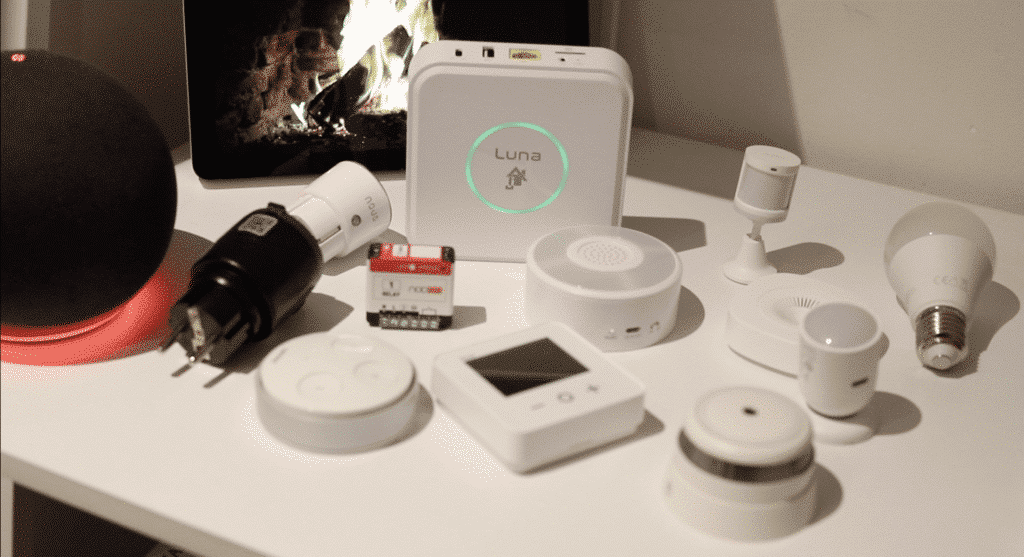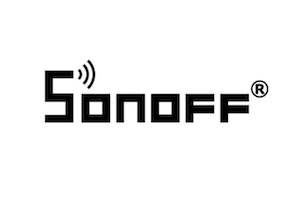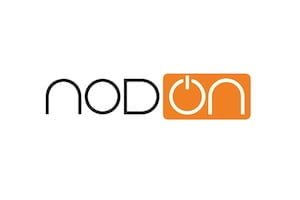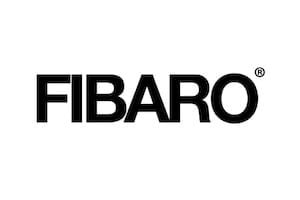Did you know that Home Automation allows you to make energy savings, increase security in your home and have a better comfort?
On this website, you will discover everything you need to know about the smart home.
What will you find in PLUYU?
Every week, I share in this Home Automation blog my experiences with different brands and famous technologies in the market.
Here is the latest content:
Home automation brands
What is Smart Home?
If you want to know what home automation is for, the most popular is about different smart devices that communicate generally by radio frequency such as WIFI, Zigbee, Z-Wave, EnOcean, 433 MHz and other wireless technologies.

These devices allow you to manage different aspects of your home, for example:
- Blinds
- Lights
- Heating
- Irrigation
- Access control
- Swimming pool
- Air conditioning
If you use WIFI smart devices, you only need an Internet Router in your home to link these devices and you can control your home from your phone anywhere in the world.

But if you use Zigbee, Z-Wave, EnOcean or any other smart devices, you generally have to additionally purchase a home automation hub to link these devices and have control of them from the interface of this hub.

Advantages and Disadvantages of Home Automation
Advantages
- Energy savings: Generally, using Smart Home for heating or air conditioning and being able to create automatic temperature adjustment routines according to schedules and people’s presence allows savings of 30% on average based on my experience with different use cases I could see.
- You have control of your home from your phone: You can open the door of your home for a loved one, adjust the heating to comfort mode before arriving home, view images captured by your cameras, be alerted of movements and other abnormal events and much more, all from your phone.
- Price: Today there are brands like Sonoff or Aqara or the Tuya Smart Life ecosystem that propose different devices between 10 to 20 euros on average, which is very cheap and accessible to start your smart home.
- Evolutionary: One of the benefits of wireless home automation is that you can customise your installation little by little without building work and in just a few minutes.
Disadvantages
- You need knowledge or the help of a professional: Some smart devices such as sockets, light bulbs and sensors can be installed by most users without previous knowledge, but other devices such as smart modules or thermostatic heads need knowledge in order not to cause material and physical damage.
- Cross-brand compatibilities: Always check before any purchase that your smart device is compatible with your ecosystem as this is a common mistake made by users.
What’s in a smart home?
It depends on what you want. But here’s a list of the most popular smart devices:
- Domotics Hub
- Smart bulb
- Smart plug
- Temperature sensor
- Motion sensor
- Door and window sensor
- ON/OFF module
- Shutter module
- Smart thermostat
- Smart lock























